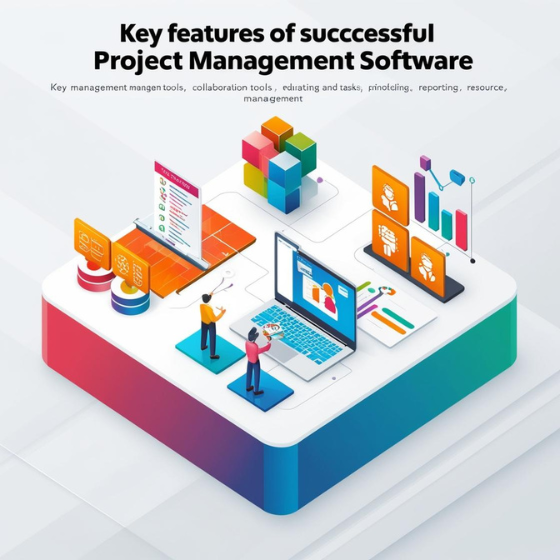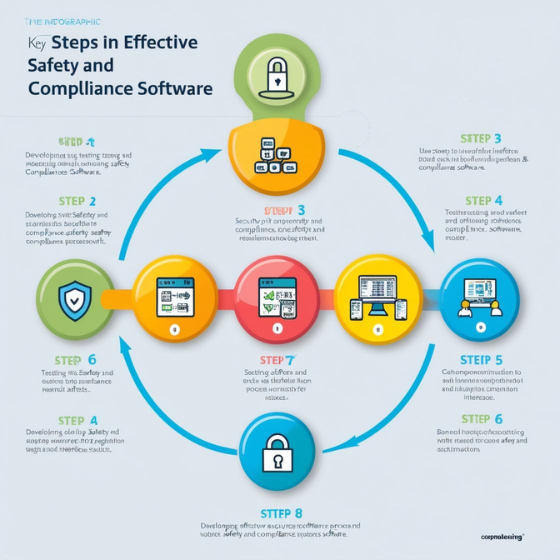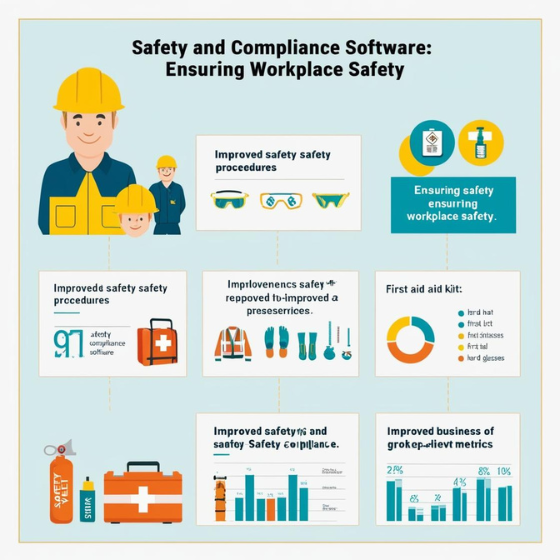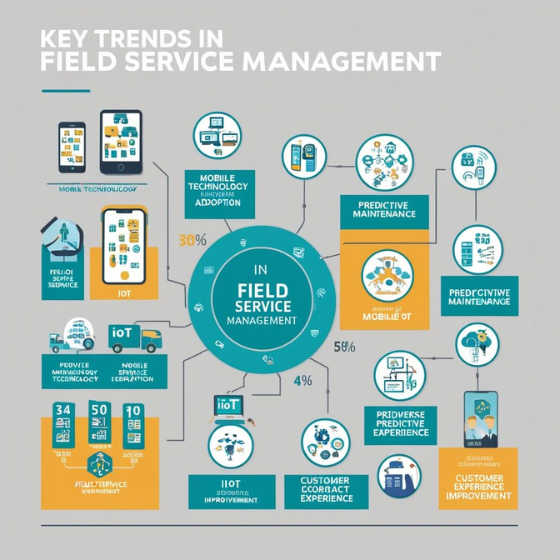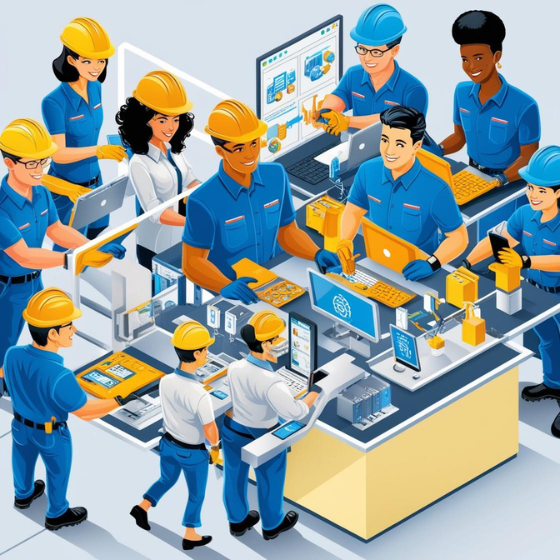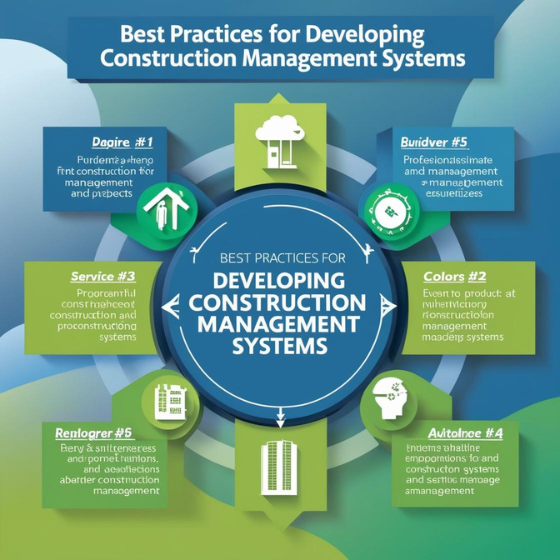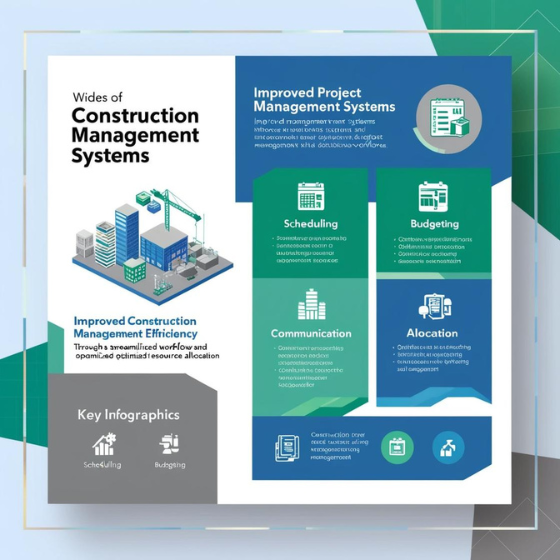Key Features of Successful Project Management Software
Construction projects involve numerous moving parts, tight deadlines, and multiple stakeholders, making it crucial to have the right tools for seamless coordination. Successful project management software is designed to address these complexities by integrating robust features that streamline workflows and boost productivity.
Below are the key features that distinguish effective project management software from the rest:
1. Centralized Communication
A lack of effective communication can lead to misunderstandings, delays, and costly errors. A successful project management tool should provide a centralized platform for communication where team members can:
- Share updates in real time.
- Collaborate on files, documents, and plans.
- Resolve issues faster through instant messaging or discussion threads.
This eliminates the chaos of scattered emails and ensures everyone is aligned with the project’s goals.
2. Task Scheduling and Automation
Keeping track of schedules is critical for construction projects, where delays can result in significant cost overruns. The software should include:
- Gantt charts for visualizing timelines and milestones.
- Automatic task assignment based on project requirements.
- Notification systems to remind team members of deadlines and critical tasks.
Automation ensures repetitive tasks are handled efficiently, freeing up managers to focus on high-level decisions.
3. Resource Management
Optimizing the use of resources such as materials, labor, and equipment is crucial for controlling costs. Effective software includes:
- Tools to allocate and track resources in real time.
- Forecasting capabilities to predict shortages or surpluses.
- Insights into resource utilization for better planning.
This feature ensures that resources are used efficiently, avoiding wastage and bottlenecks.
4. Budget and Cost Tracking
A primary concern for most construction projects is staying within budget. A top-tier project management solution should offer:
- Real-time budget tracking tools.
- Integration with accounting systems for seamless expense management.
- Analytics and reporting features to identify cost-saving opportunities.
By providing visibility into finances, the software helps teams manage budgets proactively.
5. Progress Monitoring and Reporting
Transparency is key to keeping stakeholders informed and ensuring projects stay on track. Look for software that includes:
- Real-time dashboards for tracking project progress.
- Customizable reporting features to generate insights for clients or managers.
- Mobile access for on-site teams to update and review progress easily.
These tools ensure that project managers can quickly identify and address any issues or delays
6. Risk Management
Construction projects are often subject to unforeseen risks, such as weather disruptions or compliance challenges. Effective project management software includes:
- Risk assessment tools to identify potential issues early.
- Contingency planning features to prepare for disruptions.
- Alerts and notifications to track compliance with regulations.
This helps mitigate risks and ensures smoother project execution.
7. Customizability and Scalability
No two construction projects are the same. The software should:
- Be customizable to meet the unique needs of your business.
- Offer scalability to support both small and large projects.
- Integrate seamlessly with other tools, such as CAD software or financial systems.
This flexibility ensures that the software evolves with your business and adapts to various project requirements.
8. Cloud-Based and Mobile-Friendly
Modern construction projects require tools that work anywhere, anytime. Cloud-based project management software ensures:
- Teams can access data remotely, whether in the office or on-site.
- Updates are synchronized in real time across devices.
- Data is securely stored and accessible to authorized users.
With mobile-friendly features, your team stays connected and informed, no matter where they are.
9. Data Analytics and Insights
Actionable insights are critical for continuous improvement. Advanced project management software includes:
- Predictive analytics to identify trends and forecast outcomes.
- KPI dashboards for tracking project performance.
- Custom reports for decision-making.
These tools help managers make data-driven decisions, ensuring project success.
Final Thoughts
The right project management software can be the difference between a successful construction project and one plagued by delays and inefficiencies. By prioritizing features like centralized communication, automation, resource management, and risk mitigation, you can ensure smooth project execution and cost-effective results.
Ready to explore project management software tailored to your needs? Contact Sodio today to learn how our custom solutions can help you achieve your project goals.
